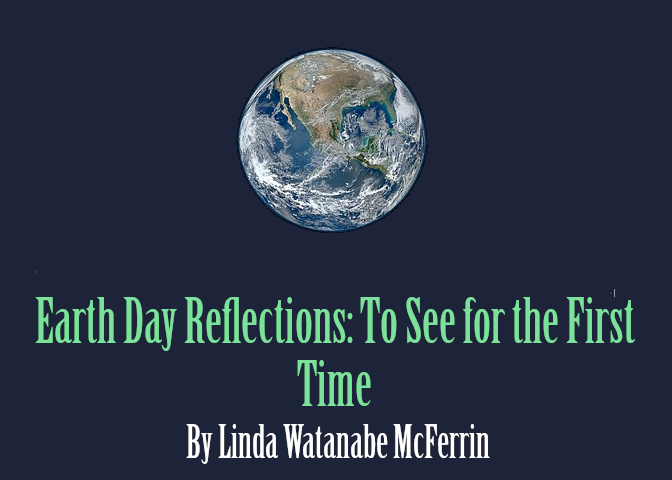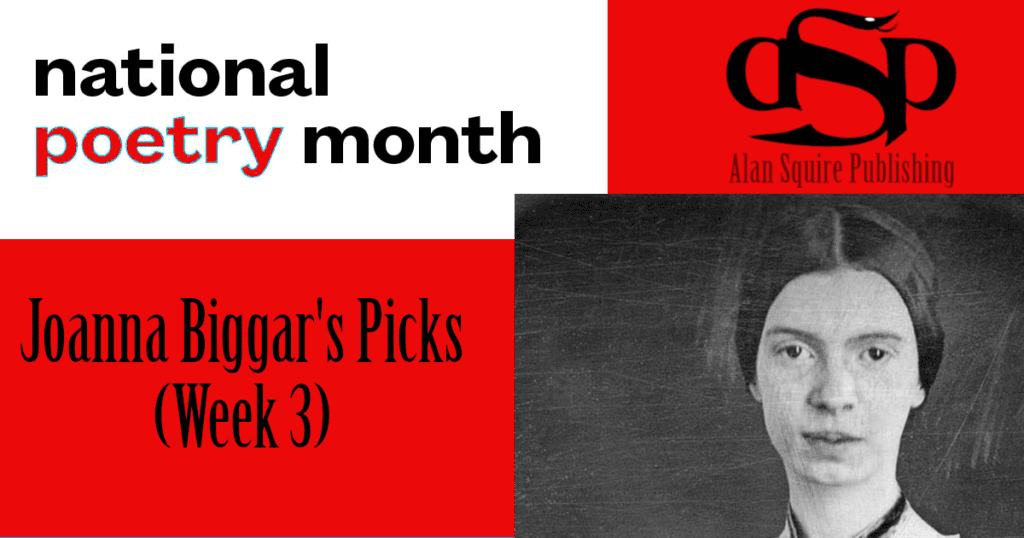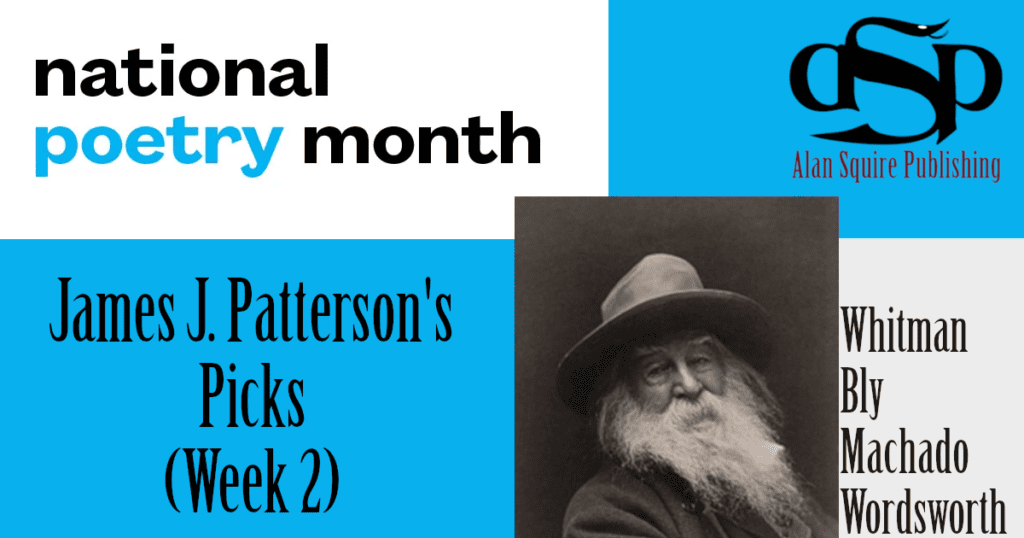Joseph Ross Reviews “let the dead in”
Ross praises the new Saida Agostini collection in his review titled, "If You Love the Living, Get Saida Agostini’s 'let the dead in'"

Poet and critic, Joseph Ross, tackles the wrinkles and crevasses of Saida Agostini's maverick debut poetry collection, let the dead in. let the dead in, is an exploration of the mythologies that seek to subjugate Black bodies, and the counter-stories that reject such subjugation. Audacious, sensual, and grieving, this work explores how Black women harness the fantastic to craft their own road to freedom. A journey across Guyana, London, and the United States, it is a meditation on black womanhood, queerness, the legacy of colonization, and pleasure. These poems craft a creation story fat with love, queerness, mermaids, and blackness.
An excerpt from Ross' review follows.
Read the full review here
Saida Agostina’s collection, let the dead in, reminds me. It reminds me to remember the richness of living, the beauty of love in places we don’t expect. This beautiful collection of poems is a tap on the shoulder, followed by this advice: “Look everywhere for beauty.”
let the dead in begins with beauty before you open its pages. The cover, a painting by Stephen Towns, a Baltimore painter and fabric artist, provides a visual feast for this gathering of poems. Towns’ painting, titled “All Is Vanity,” shows us a Black woman standing in what might be a cane field, beneath a canopy of cards, bearing images of people. The woman, halo-clad, indicating her own holiness, stares directly at the viewer/reader. This is just what Agostini’s poems will do in the pages to come. She stares right at us, asking, daring, insisting that we see people and places: Black women, people who have suffered erasure, her mother, her granny, her great granny, Guyana, people whose bodies and loves are often ignored or despised. The book unfolds into three sections, which the people at Alan Squire Press, including co-founder Rose Solari, have formatted beautifully, with space and simplicity.
Earth Day Reflections: To See for the First Time
“Our communications are profuse and immediate, as is our consciousness of the interrelationship of all that exists. We’ve seen what we often leave in our wake—homeless populations, spoiled wilderness. We can see the way the decisions and investments that we make, here, everyday, can effect just how much milk a baby in Uganda gets. Our world is a teeming, mysterious, multi-cultural mousetrap of a place where everything seems to hinge on something else. We share a new concept of this planet as a finite space, dense, and more difficult than ever to navigate. We live in an environment fraught with hazard, and it is important to have good guides, guides with insight—those who tread softly.”
Joanna Biggar’s Picks for NPM (Week 3)
Week three of National Poetry Month is here and we are still celebrating! So as the champagne continues relentlessly foaming for party-goers catching their tipsy mid-air, we asked author, Joanna Biggar, to select three poems she thinks are worthy of applause between wassails.
James J. Patterson’s Picks for NPM (week 2)
In honor of National Poetry Month, We asked author and essayist extraordinaire, James J. Patterson, to select three poems he’d like to see celebrated. Along with Walt Whitman’s “On the Beach at Night Alone” (featured above), he chose Wordsworth’s “The World is too much with Us”, And Last but not least, the famed American Poet Robert Bly performing the poem “On Being a Man” by the famed Spanish poet, Antonio Machado.


